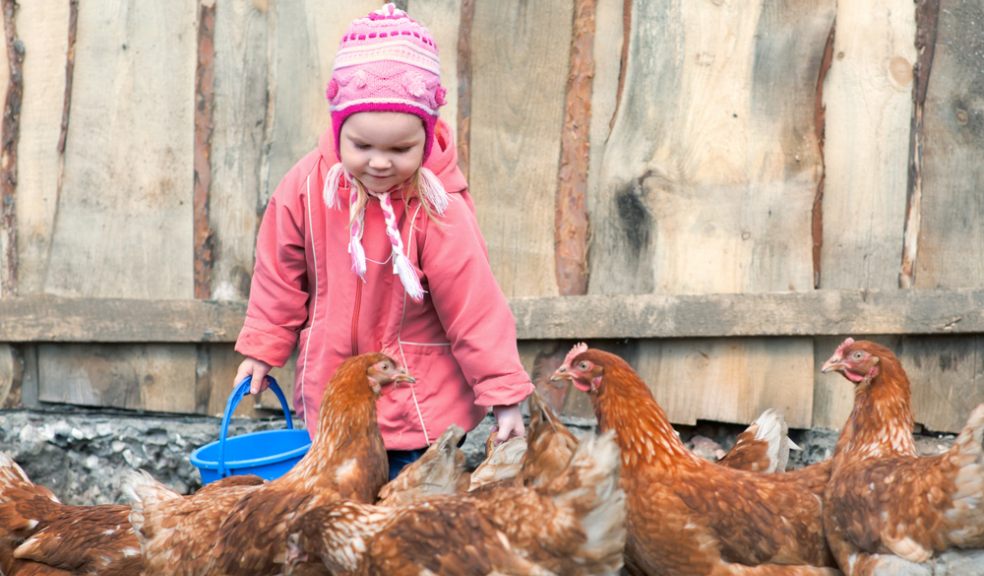
FACE funding boost to help educate more children about farming
Educational charity Farming and Countryside Education (FACE) is celebrating after receiving a massive boost to help educate more children about food and farming.
The organisation has been awarded a grant by the Prince’s Countryside Fund for its Countryside Matters programme. The funding will enable FACE to target schools in disadvantaged areas and offer them a menu of activities including CPD for teachers, farm visits and other school based projects.
FACE chief executive Bill Graham said: “We’re delighted to have been chosen to receive this funding. Many young people are disconnected from the origins of their food with little understanding of how locally produced food contributes to a healthy diet and a sustainable countryside. These issues are particularly pertinent for those living in economically deprived areas.
“As a result of the grant awarded to us by the Prince’s Countryside Fund two years ago, we have been able to work with 193 schools and more than 9,000 pupils as well as training over 200 teachers in the most deprived areas of England.
“East Oxford School is an inner city school with a high percentage of ethnic minority children including many Pakistani and Bangladeshi children who had never been on a farm before. Two reception classes of 45 children visited two different farms where they were able to feed the chickens, look for eggs, give hay to the sheep and feed some horses. At the second farm they saw lambs being born. As a result of these experiences, schools have been inspired by their involvement to further develop their curriculum to incorporate a food, farming and countryside strand. Water Hall Primary School, for example, is now planning to involve members of the community who also have an allotment so that more children can enjoy the thrill of planting and growing their own produce.
“Because of the success of that project, this new funding will mean we can target another 150 schools so that an additional 9,000 pupils will be inspired to learn about where their food comes from, the importance of farming and its benefit for the natural landscape.”

















